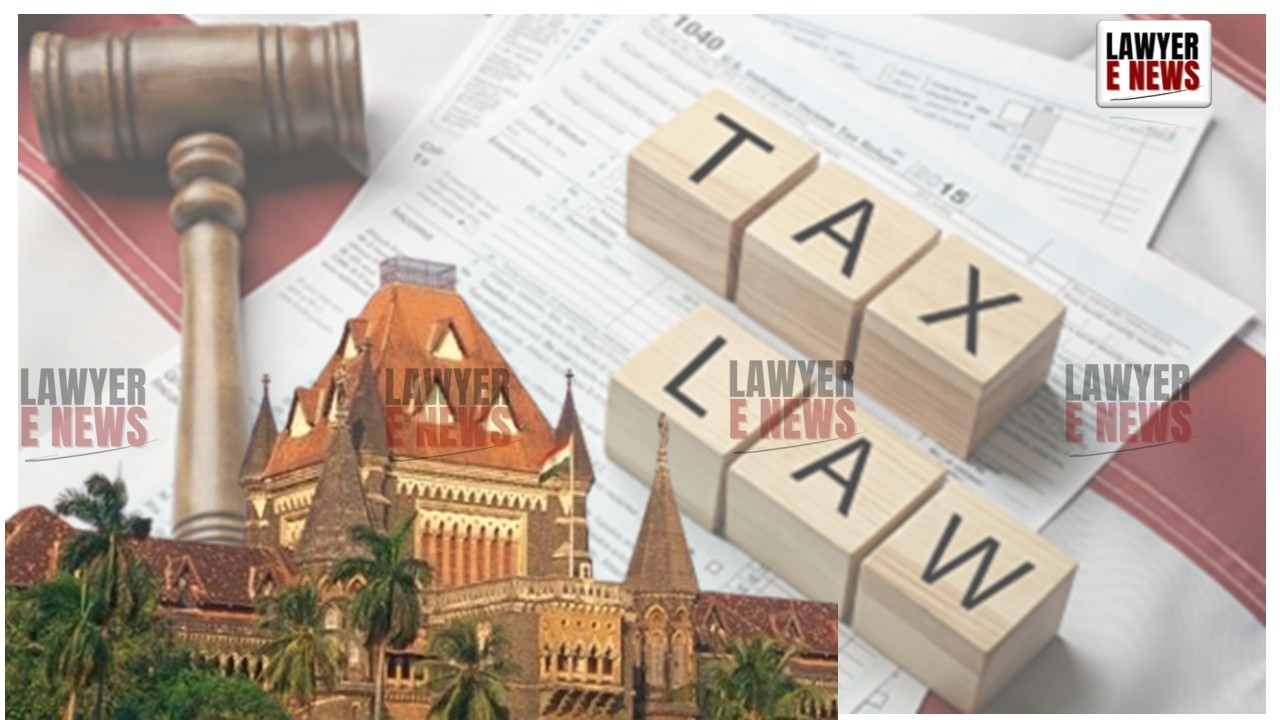-
by Admin
18 February 2026 2:25 PM



“The finding of 'royalty' under the Act or the Treaty without examining the nature of service is premature… This Court cannot undertake that exercise under Section 260A” — In a significant ruling Bombay High Court remanded a batch of income tax appeals concerning whether payments made to Intelsat Corporation (USA) for satellite transponder services qualified as "royalty" under Indian tax law or the India-USA Double Taxation Avoidance Agreement (DTAA). A Division Bench comprising Justices M.S. Sonak and Jitendra Jain held that none of the authorities below had undertaken the foundational factual inquiry necessary to make such a determination.
The Court declared: “There is an absence of foundational facts in the orders of all the three authorities… The orders are non-speaking and thus legally unsustainable.”
Viacom 18 had made payments to Intelsat Corporation, a U.S.-based satellite service provider, for the uplinking and transmission of television signals via satellite transponders. The Assessing Officer, CIT(A), and the Income Tax Appellate Tribunal had all concluded that such payments were taxable as "royalty" under Explanation 6 to Section 9(1)(vi) of the Income Tax Act, 1961, and also under Article 12(3) of the DTAA. Consequently, Viacom 18 was held liable for not deducting tax at source under Section 195.
Challenging this, Viacom 18 contended that the services rendered involved no transfer of rights, nor use of a "secret process", and hence fell outside the ambit of royalty under both Indian law and the treaty.
Court's Analysis: “Treaty Must Prevail When More Beneficial — Section 90(2) is Mandatory”
The Court stressed that Section 90(2) of the Act explicitly mandates that where a treaty provision is more beneficial to the assessee, it shall override the corresponding provision under domestic law. Referring to Engineering Analysis Centre of Excellence v. CIT, the Bench reaffirmed: “The scope of ‘royalty’ under a tax treaty cannot be extended by retrospective domestic amendments. If the payment does not qualify as royalty under the DTAA, no TDS obligation arises.”
On the retrospective application of Explanation 6 inserted in 2012, the Court held: “No withholding tax liability can be imposed based on a retrospective amendment. Payments made prior to the amendment cannot attract penal consequences.”
Transponder Fees: “Royalty” or “Service Payment”? — Court Orders De Novo Inquiry
The Bench found fault with the revenue authorities for not even examining the underlying agreements: “Whether the payment was for use of a process or merely a standard service cannot be presumed without reading the contract. The absence of such inquiry renders the orders untenable.”
Further, the Court clarified that merely including transponder usage in Explanation 6 does not by itself establish taxability: “A service involving signal transmission alone, without the right to use any equipment or secret process, may not constitute ‘royalty’ under the DTAA.”
Intelsat’s Tax Status in India Must Be Determined First
Viacom 18 submitted that Intelsat had no Permanent Establishment (PE) in India and that its income was not taxable in India in the relevant assessment years. Accepting the significance of this argument, the Court directed: “The CIT(A) shall first ascertain whether Intelsat’s income was liable to tax in India. If not, no TDS obligation would arise on the appellant.”
The Bombay High Court did not pronounce on the merits of whether the payment constituted royalty, but remanded the matter for proper adjudication. It underscored that no penalty or tax liability can arise without a factual and legal determination of the nature of the service, the agreement terms, and the tax status of the non-resident recipient.
“The adjudication of whether the payments constitute royalty under Article 12(3) of the Treaty or under Section 9(1)(vi) requires factual findings, which are wholly absent. The matter must be remanded.”
Date of Decision: 8 May 2025
